As you’ve probably already noticed, not all water quality improvement systems are designed the same and they certainly don’t perform alike. When choosing a Intermountain Soft Water system for your home, you can rest assured that it is built to the highest standards by skilled craftsmen here in the United States, specifically for the water challenges found in the Beehive State:
The harder your water is the larger a system must be to remove contaminants effectively (Water in Utah is usually 3 -5 times harder than the national average). However, if the system is too large it will waste water and salt while potentially allowing your system to be contaminated with bacteria.
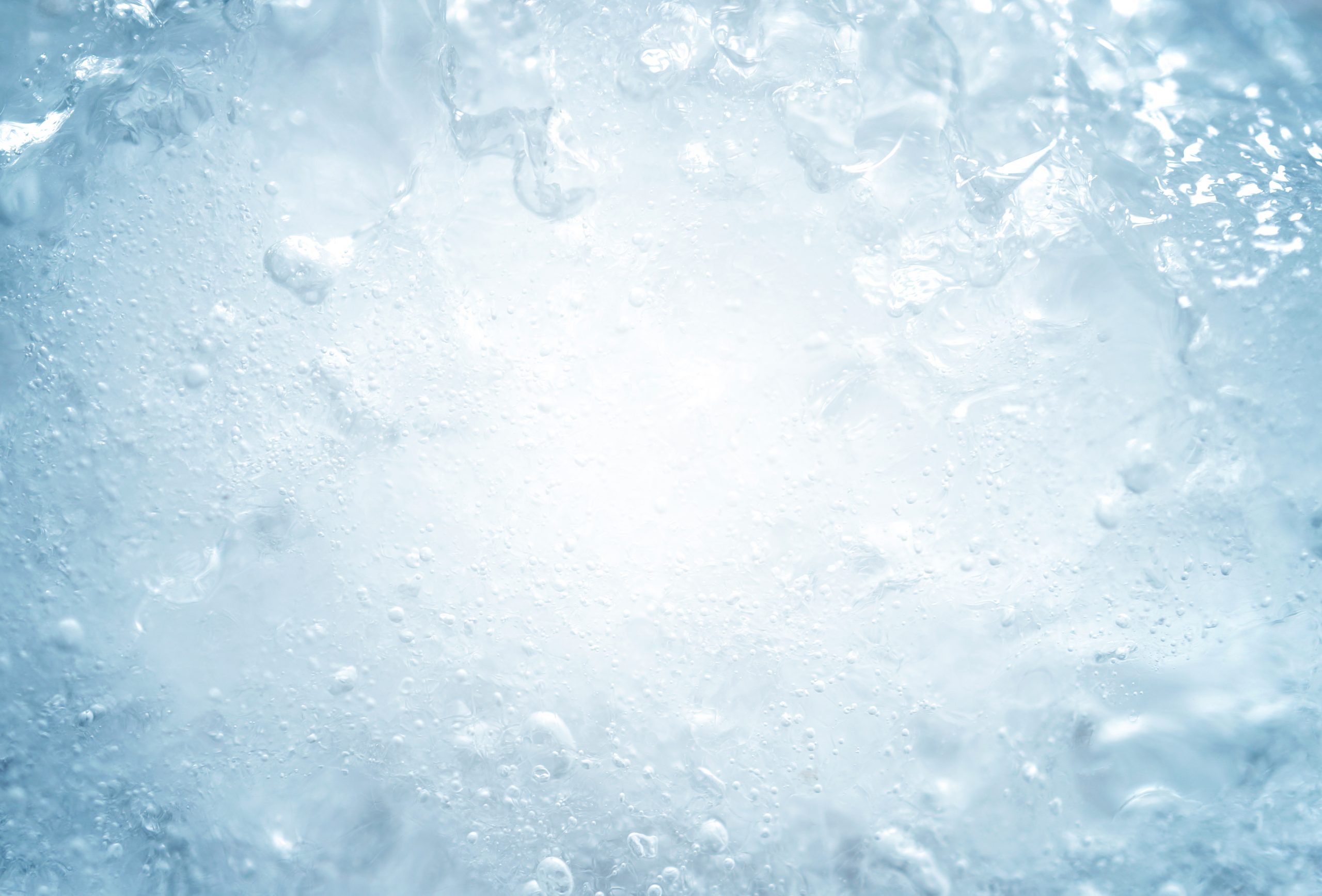
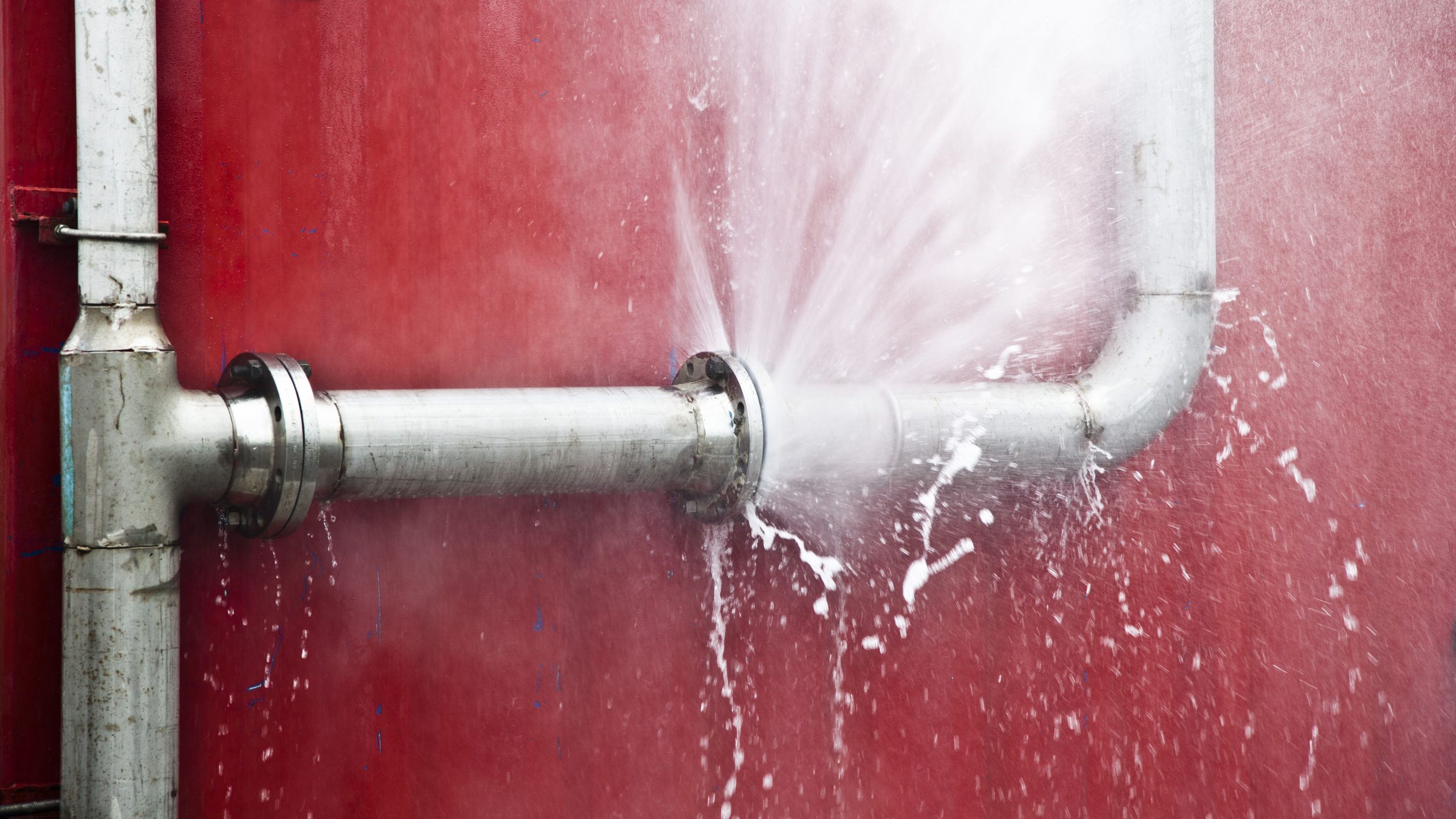
Municipalities in the region could never have foreseen the massive population influx that has occurred. Cities are now forced to increase net pressures in piping distribution systems to push as much water as they can to new housing developments. These high pressures can raise attrition rates and cause premature failure in equipment.
Although cold water tastes good, it is not good at all for water softening, conditioning or filtration equipment. Cold water has been proven to reduce system operating capacities by as much as 60%. Undersized systems will have a much greater chance of failing when the winter influent water is as cold as it is here in Utah.
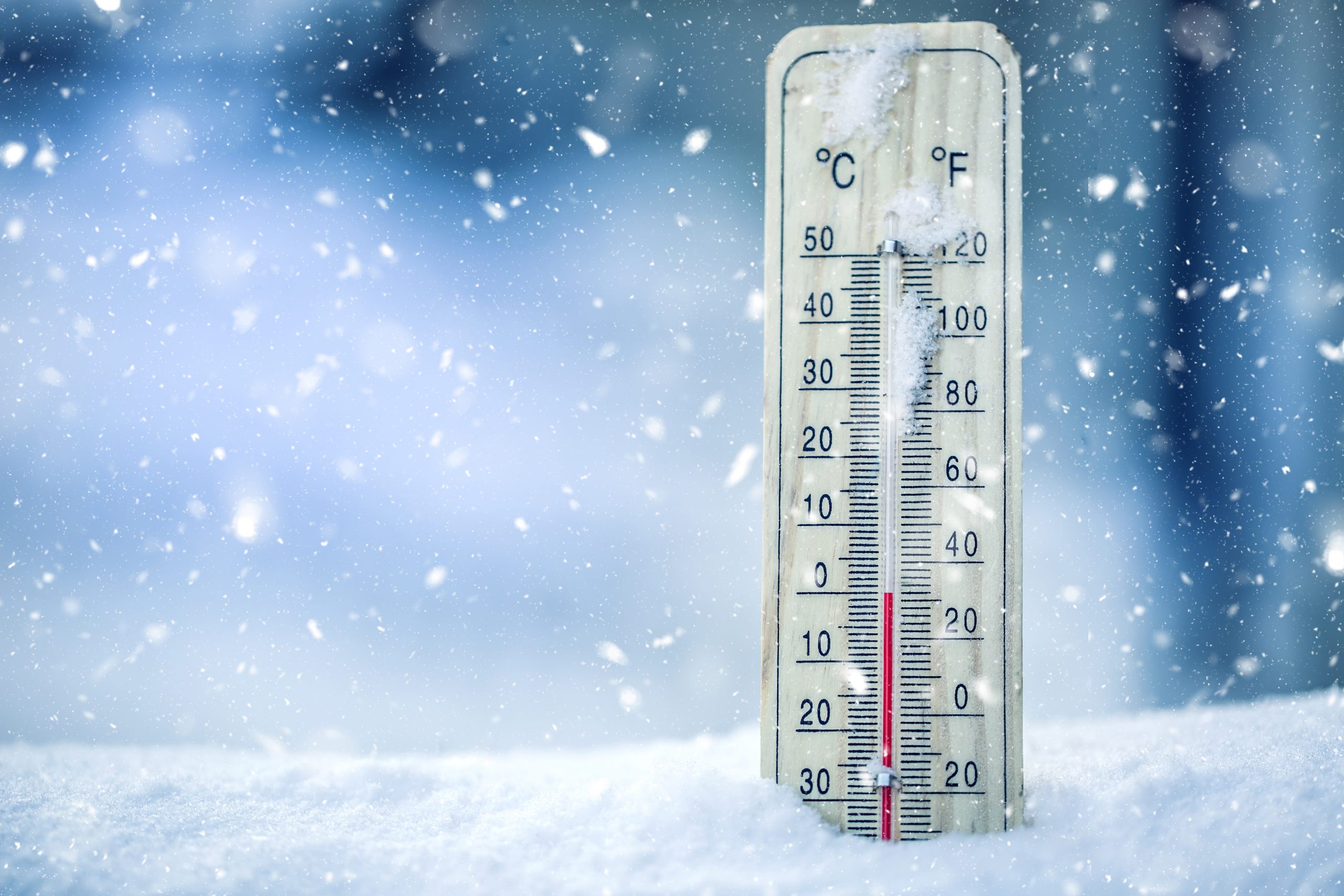
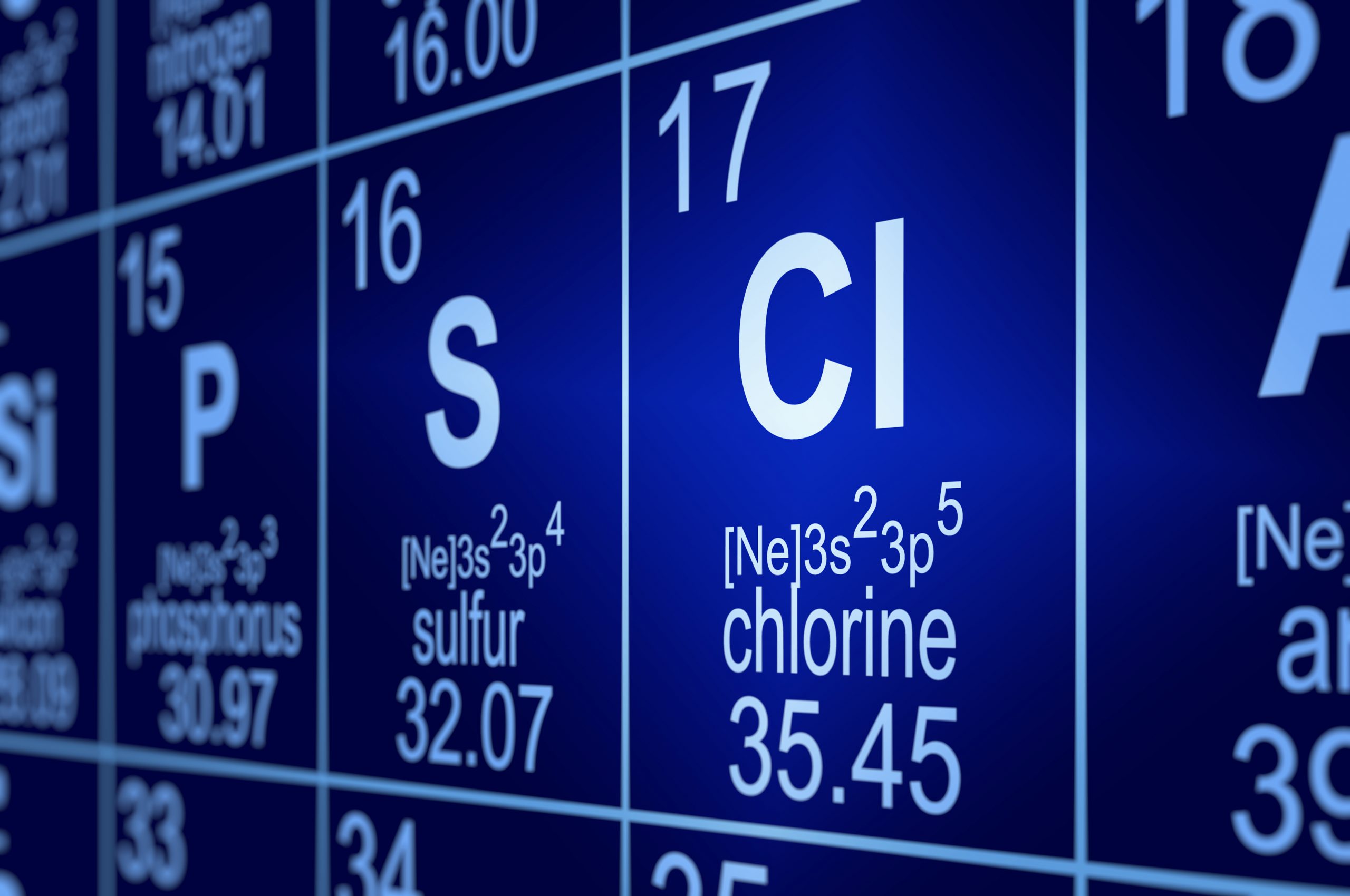
Resin attrition is further exacerbated by factors such as high water consumption, inadequate regenerations, elevated chlorine levels, iron & heavy metals in water. Even after leaving the city plant meeting or exceeding EPA minimum standards, your water can absorb and collect contaminants such as copper, zinc, lead, rust, manganese and a host of others before it even reaches your home. These are obviously potentially harmful to humans, but even more dangerous to your water equipment unless it is specifically designed to address these threats.
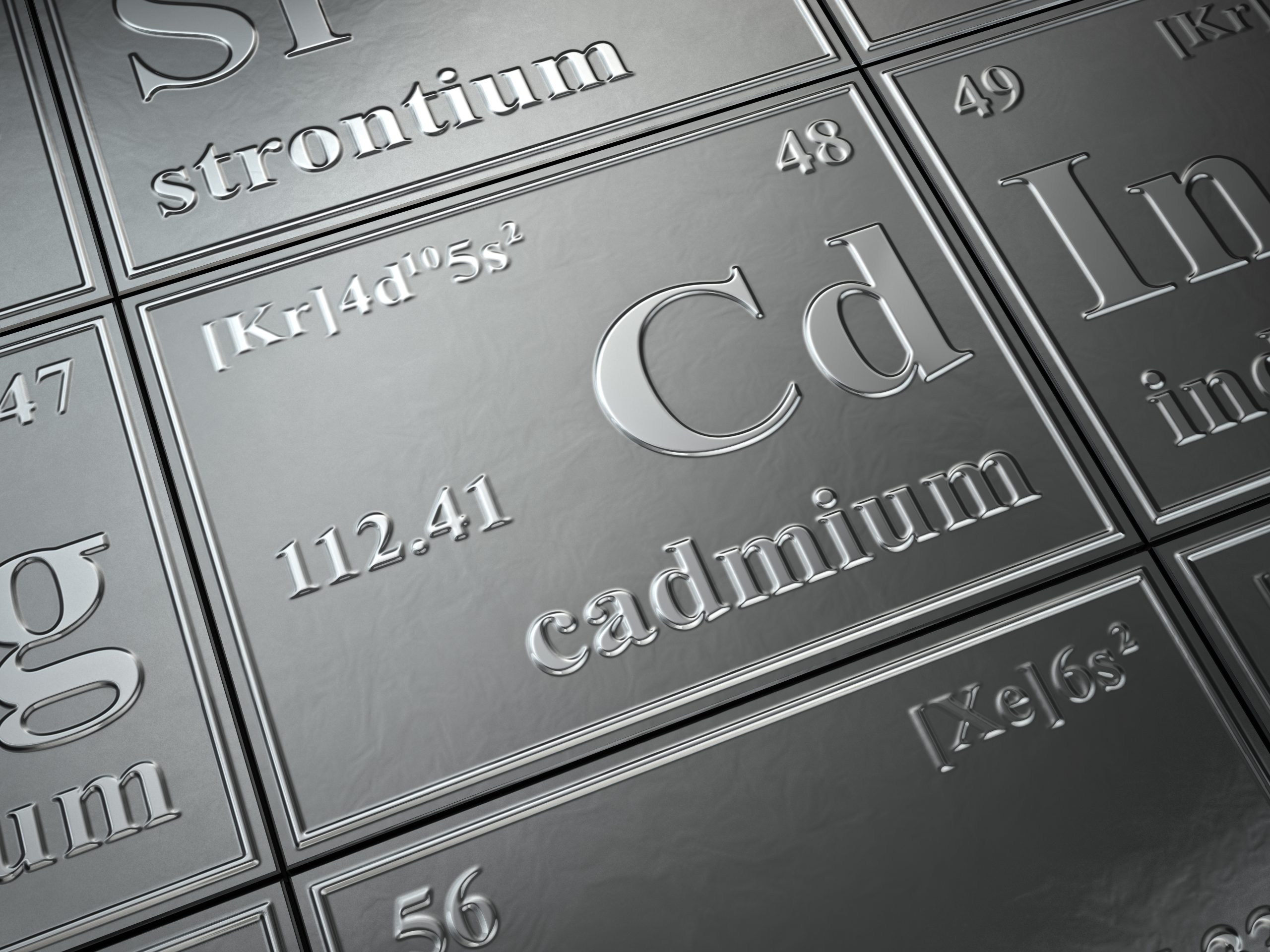
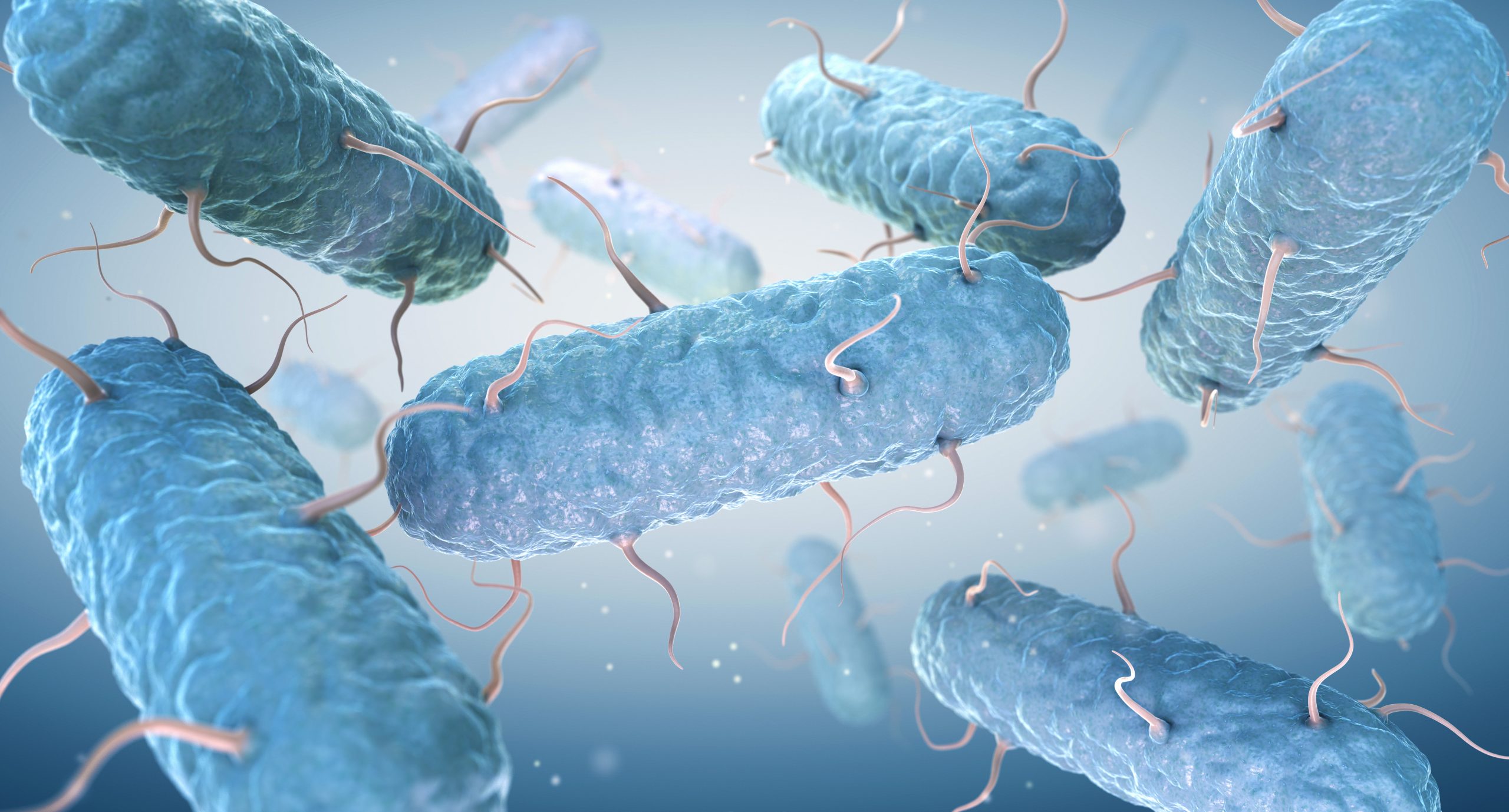
Your city produces water that is free of bacteria and safe to consume. However, HPC’s can exist in piping, water meters, fittings and regulating valves. These HPC’s are benign but can be the growth medium for potentially pathogenic bacteria. HPC’s can grow and colonize in a water system in as little as 4 days, even with chlorine or chloramine in the water. If your water system is not specifically sized & designed to address HPC growth issues, then your system could be a ticking bacterial time-bomb. Our systems are specifically designed to use Pur-Gard in accordance with the SP-5000 disinfection protocol between periodic maintenance visits to mitigate this risk.
Intermountain Soft Water has been providing Utah homeowners with simple solutions to complex water problems since 1966. Our team is excited to help you choose the very best system or combination of systems for your home. You can trust the Intermountain team to make your water the very best that it can be.